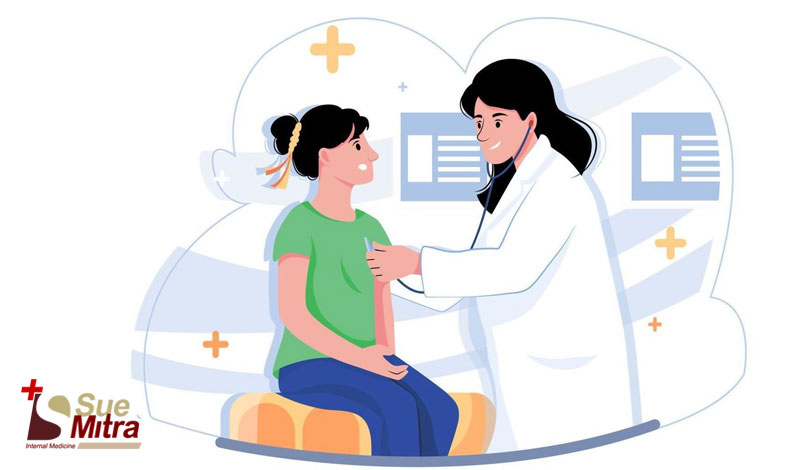
28, Jan 2025
Overview:
Healthcare costs are a growing concern for individuals and families worldwide. While treating illnesses or chronic conditions can be expensive, preventive care offers an effective strategy to minimize these expenses while improving overall health. Preventive care focuses on early detection, health screenings, vaccinations, and lifestyle modifications to address potential health issues before they become costly problems. Here’s how it can save you money on healthcare costs:
1. Early Detection Reduces Treatment Costs
Preventive care includes regular health screenings for conditions like high blood pressure, diabetes, and cancer. Detecting these conditions in their early stages allows for less invasive and more affordable treatments. For instance, catching high cholesterol early can prevent expensive complications like heart attacks or strokes, which often require costly emergency care, surgeries, and long-term medications.
According to the CDC, chronic diseases account for 90% of healthcare spending in the United States. Many of these conditions, such as heart disease and type 2 diabetes, can be effectively managed—or even prevented—through early diagnosis and intervention.
2. Avoiding Emergency Care
Skipping regular check-ups or ignoring preventive measures often leads to serious health problems that require emergency care. Emergency room visits and hospital stays can be significantly more expensive than routine doctor appointments. For example, treating pneumonia with a vaccine costs a fraction of what a hospital stay might cost if the disease develops.
Vaccinations, in particular, are an essential part of preventive care. By protecting against diseases like influenza, COVID-19, or HPV, individuals avoid potential hospitalizations, saving thousands of dollars in medical bills.
3. Managing Chronic Conditions Effectively
For those who already have chronic conditions, preventive care helps manage symptoms and prevent complications. Regular monitoring, lifestyle counseling, and timely interventions can reduce the need for expensive treatments down the road. For example, routine eye and foot exams for diabetes patients can prevent severe complications, such as blindness or amputations, which are not only life-altering but also financially burdensome.
4. Promoting Healthy Lifestyles
Preventive care often includes guidance on maintaining a healthy lifestyle through diet, exercise, and stress management. These measures reduce the risk of developing chronic diseases altogether. Adopting a healthier lifestyle lowers the likelihood of needing costly medications, surgeries, or frequent doctor visits in the future.
Employers and insurers have recognized the value of prevention, leading many to offer wellness programs. These programs encourage healthy behaviors like quitting smoking or maintaining a healthy weight, which significantly cut healthcare costs over time.
5. Lowering Insurance Premiums
Engaging in preventive care can also reduce health insurance premiums. Many insurers reward policyholders who take proactive steps to maintain their health, such as completing annual physicals or participating in wellness programs. Over time, these incentives translate into substantial savings.
Conclusion
Preventive care is not just about improving quality of life—it’s a proven way to save money on healthcare costs. By catching diseases early, avoiding emergency care, managing chronic conditions, promoting healthier lifestyles, and reducing insurance premiums, preventive care provides both immediate and long-term financial benefits. Investing in preventive measures today can help individuals and families avoid significant medical expenses and lead healthier, more fulfilling lives.
Dr. Sue Mitra and her staff strive to offer their patients the best care, advice and services available in the medical field with the goal to keep patient healthy & happy.

Dr. Sue Mitra is board certified in international medicine. She is seen here with a Cologuard, which is a noninvasive colon cancer screening test. (Photo by: Tim Shortt/Florida Today)